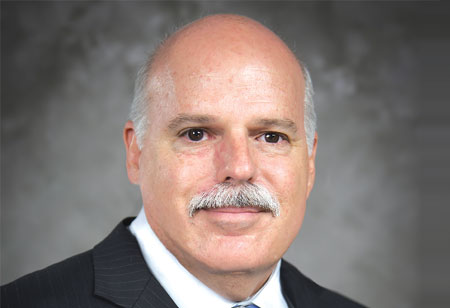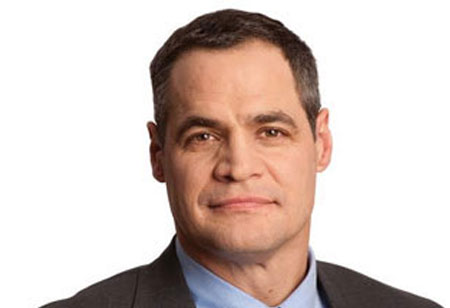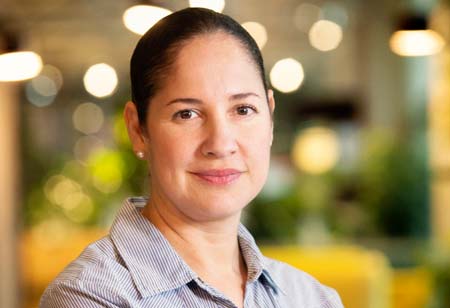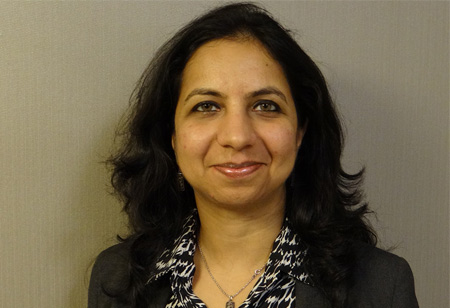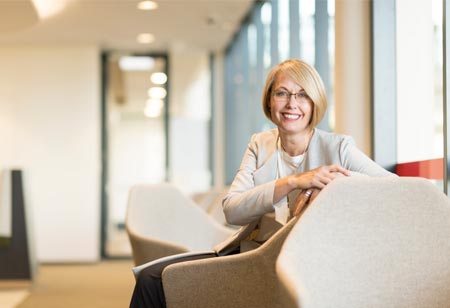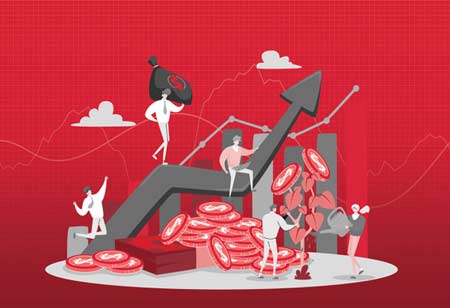Read Also
Your Application is Mostly Written by Strangers
Edwin Kwan, Head of Application and Software Security at Tyro Payments
ESG Performance - Why It's Crucial To Future Success
Jo-Anne Ruhl, vice president and managing director, Workday Australia and New Zealand.
Enterprise Digital Transformation is not for the faint hearted: Guiding principles for a enterprise-wide digital transformation
Linda Zeelie, Enterprise Digital Transformation Architect and Leader, Metlife and Nina Evans (Professorial lead: UniSA STEM, University of South Australia (UniSA))



